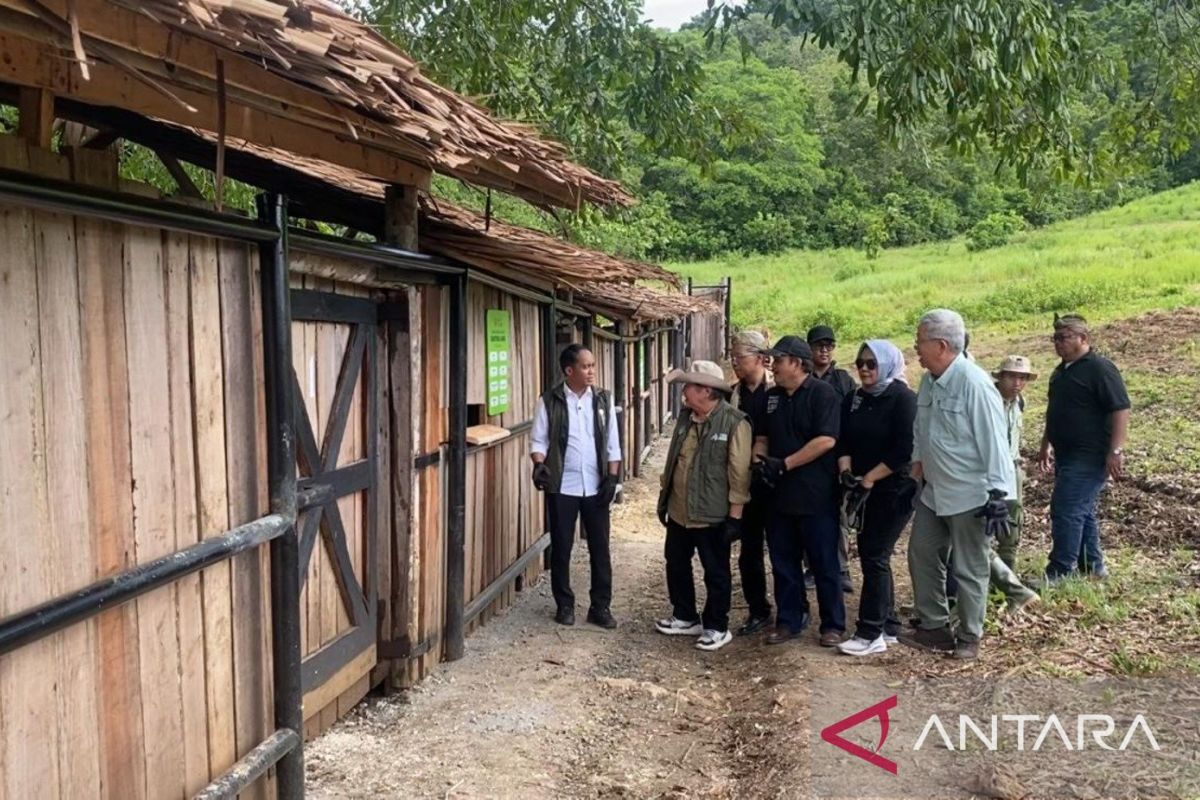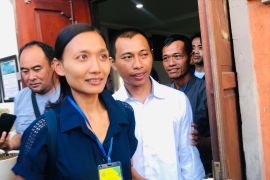Jakarta (ANTARA) - Forestry Minister Raja Juli Antoni released four Javan bulls (Bos javanicus) in the Pananjung Pangandaran Nature Reserve to reintroduce the endangered species in the conservation area.
During a visit to Pangandaran Regency, West Java, on Wednesday, the minister said that the Javan bulls were reintroduced as they became extinct in the Pangandaran Nature Reserve in 2003 on account of a drastic population decline since 1982.
"This is an example as well as motivation (for us). Good news to all levels of related ministries so this good initiative can be replicated and developed in other places," Antoni added.
The reintroduction was carried out by releasing four Javan bulls consisting of two males and two females. The reintroduced Javan bulls were bred via a controlled breeding program at the General Conservation Institution, particularly at Taman Safari Indonesia.
Baca juga: Ministry preparing task force to bolster forest supervision
He informed that the reintroduction of the Javan bulls in the Pananjung Pangandaran Nature Reserve is aimed at increasing their population, which will have better genetic diversity compared to separate populations in several national parks in Java.
To ensure the success of the reintroduction program, various important preparations were made, including studies on habitat and space suitability to measure the carrying capacity and capacity of the area for the population.
Baca juga: launches phase 4 of emission reduction
The grassland ecosystem covering 7.12 hectares, consisting of 6.05 hectares in the Cikamal block and 1.07 hectares in the Nangorak block, was also restored.
A focus group discussion was also held to build community support by increasing cooperation between stakeholders, making habituation cages, and preparing feeding grounds.
He said that similar cooperation could be developed and applied in other places, including collaboration between the central government through the Ministry of Forestry with local governments and the private sector.
"We must ensure that in other places, the animals that are already endangered, that are threatened with extinction, their biodiversity can be maintained as well as possible," Antoni added.
Pewarta : Prisca Triferna Violleta, Yashinta Difa
Editor:
I Komang Suparta
COPYRIGHT © ANTARA 2026

